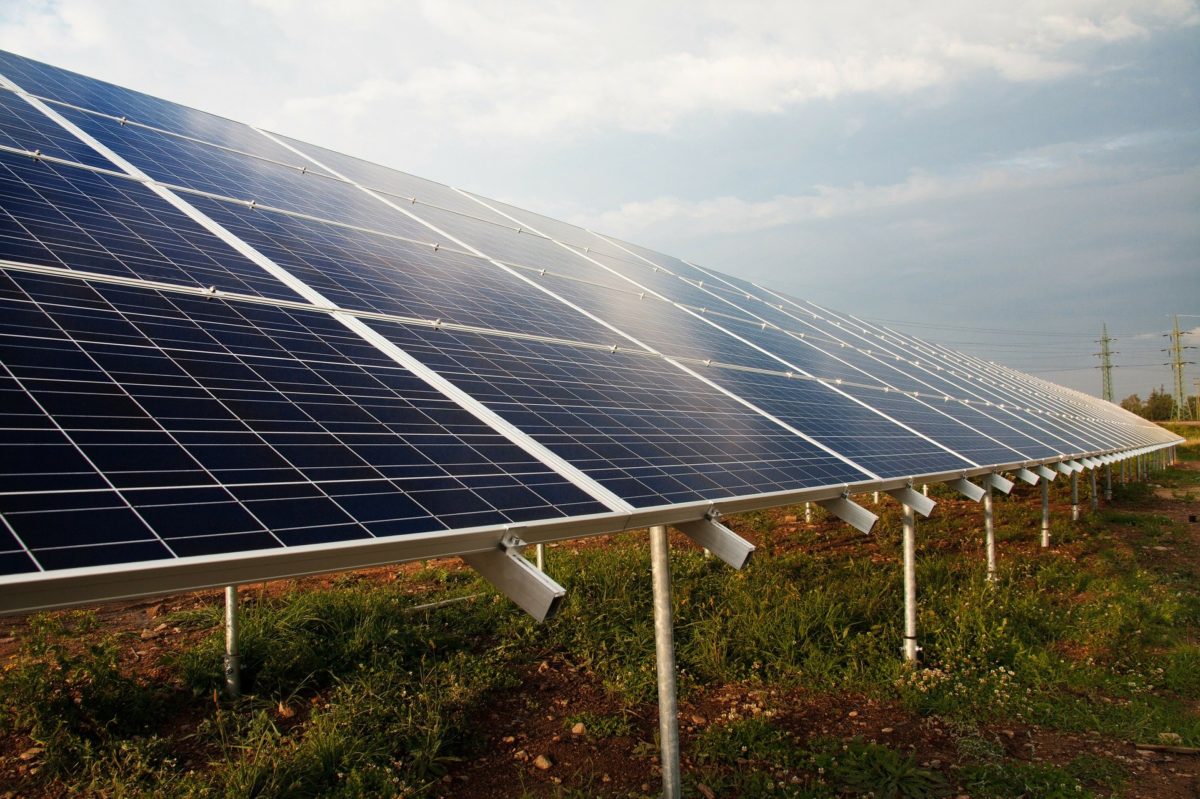France is not exactly the easiest country for investors and developers of ground-mounted utility-scale solar projects. This is due to the amount of paperwork that must be completed and the various authorities that are involved in such proceedings, usually with conflicting views.
In a recent interview with pv magazine, Marie Buchet, head of solar power at Syndicat des Énergies Renouvelables (SER), presented four different cases in which utility-scale solar plants faced major permitting delays due to issues regarding the modification of local urban plans.
“For all of these cases, we identify a common pattern: long and difficult processes due to the number of interlocutors with a sometimes diverging view,” she said.
pv magazine roundtables: More on roadblocks and ways to remove them
We discuss solutions for rapid implementation with State Secretary Oliver Krischer from the German Federal Ministry of Economic Affairs and Climate Action, Iberdrola, Meyer Burger and Solar Power Europe.
In the course of two days, 60-plus speakers will discuss in 10 sessions the most relevant topics for project developers, investors, manufacturers and others along the solar value chain.
One of the projects is a solar facility that will be located on a former waste landfill site owned by a public institution for the EPCI, an inter-municipal cooperation agency in the French department of Vendée. The Department for Land and Coastal Management has asked the developer to change the project's zoning in the local urban plan, but the local association of municipalities oppose the change.
“This project is currently halted and its developer seems to struggle against two opposing forces,” Buchet said.
Another example is a solar carport that will be built at an amusement park in Allier, a department in the Auvergne-Rhône-Alpes region. The project was eligible to compete in the tenders of France's energy regulator, the Commission de Régulation de l'Énergie (CRE), but it was unable to participate because the local municipality took more than two years to convert the project site.
“This may not be the general rule in France, but it is definitely a quite frequent problem,” Buchet said.
The third case involves a solar project for a former landfill site in Gironde, Nouvelle-Aquitaine.
“Bordeaux Métropole had to change some rules in the Local Urban Plan which prevented any construction on the landfill. In order to make this plan compatible with the project, a simplified procedure was supposed to be launched, and would have allowed unifying the public consultations on the project,” Buchet explained. “The proceedings for public consultations are very long and the fact that the developers had to deal with a big municipality such as that of Bordeaux, made this simplified procedure inapplicable. The impact on the project was a one-year delay.”
The fourth case relates to a 60 MW solar plant designed to host sheep grazing. The project is located on a completely isolated site, relatively close to a connection point, but with no agricultural activity since 2017.
“Contact has been made with the town hall and they are in favor of setting up such a project,” Buchet said.
The developer is now waiting for deliberation from the municipal council in order to launch a declaration that would make the local urban plan compatible with the installation of a ground-mounted solar power plant.
“These proceedings take a lot of time, greatly delaying the project and whose procedures are not necessarily linked to the plant's building permit,” said Buchet.
The SER is currently calling for a one-stop shop to examine town planning and environmental authorizations.
“This would help to have a simultaneous review of all authorization proceedings, which would in turn simplify and accelerate the procedures for issuing authorizations,” Buchet said. “This proposal is in line with proposal 11.2.6 of the French Citizen's Climate Convention, which aims to set up a one-stop shop bringing together all the technical and administrative formalities necessary for the installation of renewable energy production projects It is also consistent with the legislative changes proposed by the European Commission in its REPowerEU plan: the commission proposes to set up a one-stop shop for granting authorizations.”
This content is protected by copyright and may not be reused. If you want to cooperate with us and would like to reuse some of our content, please contact: editors@pv-magazine.com.




2 comments
By submitting this form you agree to pv magazine using your data for the purposes of publishing your comment.
Your personal data will only be disclosed or otherwise transmitted to third parties for the purposes of spam filtering or if this is necessary for technical maintenance of the website. Any other transfer to third parties will not take place unless this is justified on the basis of applicable data protection regulations or if pv magazine is legally obliged to do so.
You may revoke this consent at any time with effect for the future, in which case your personal data will be deleted immediately. Otherwise, your data will be deleted if pv magazine has processed your request or the purpose of data storage is fulfilled.
Further information on data privacy can be found in our Data Protection Policy.